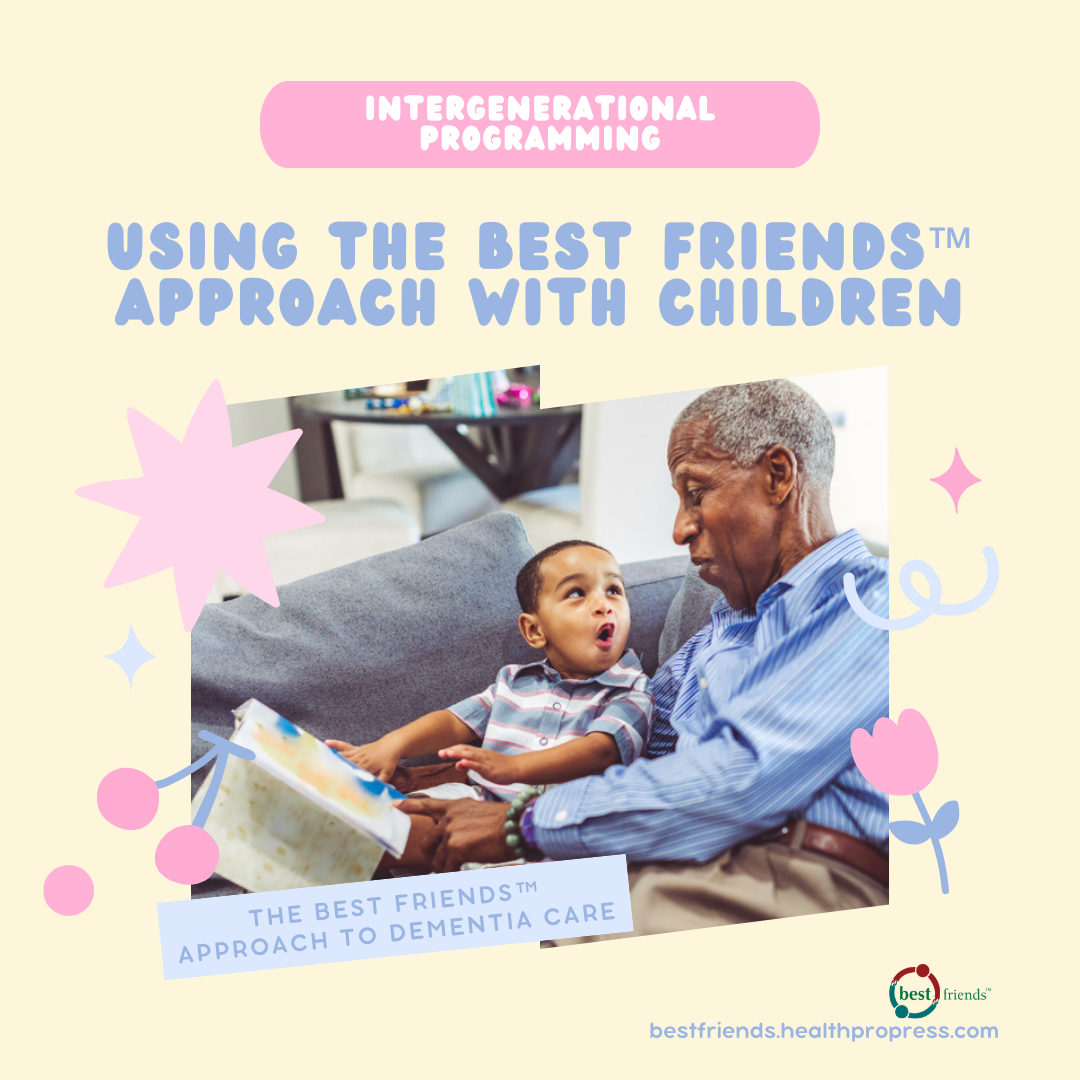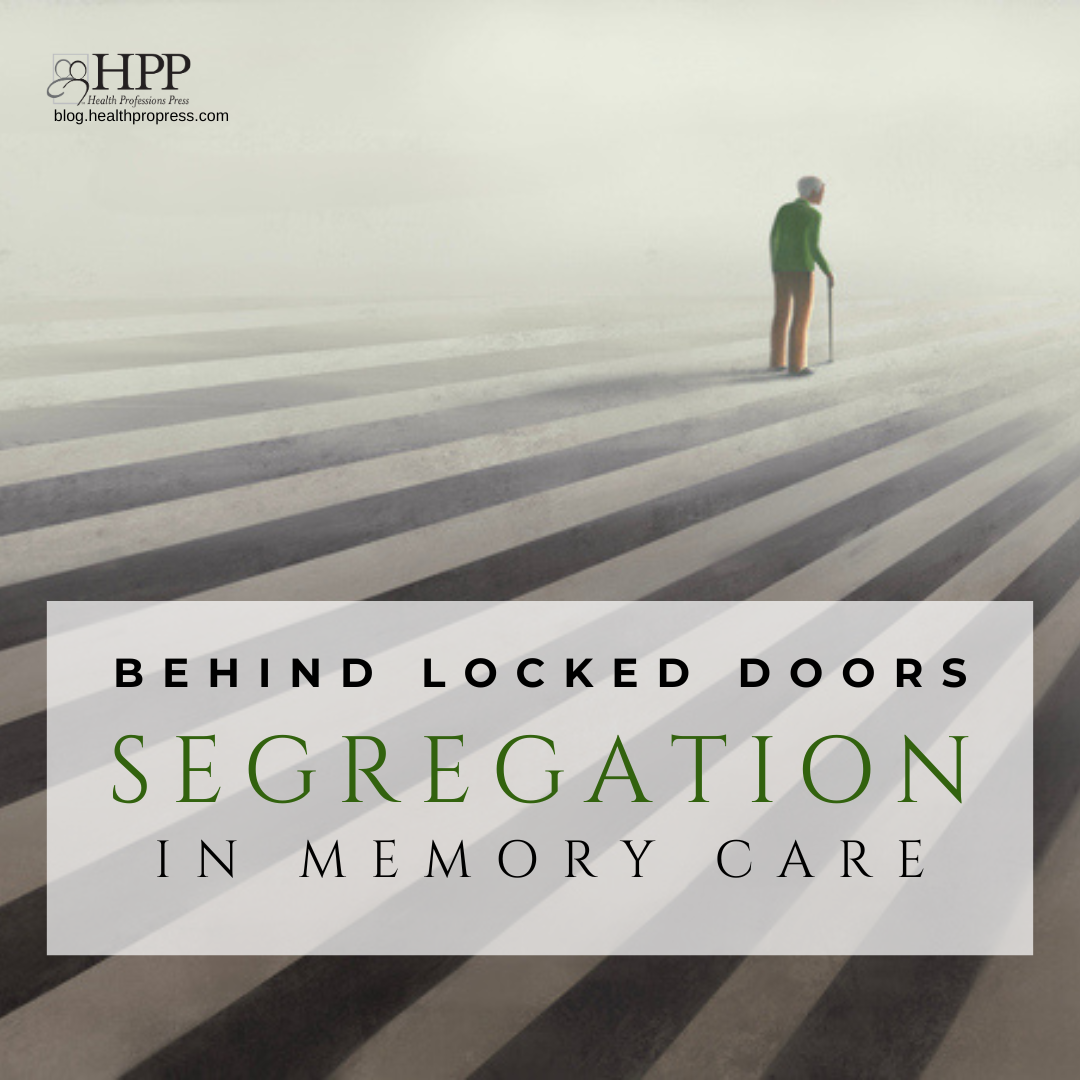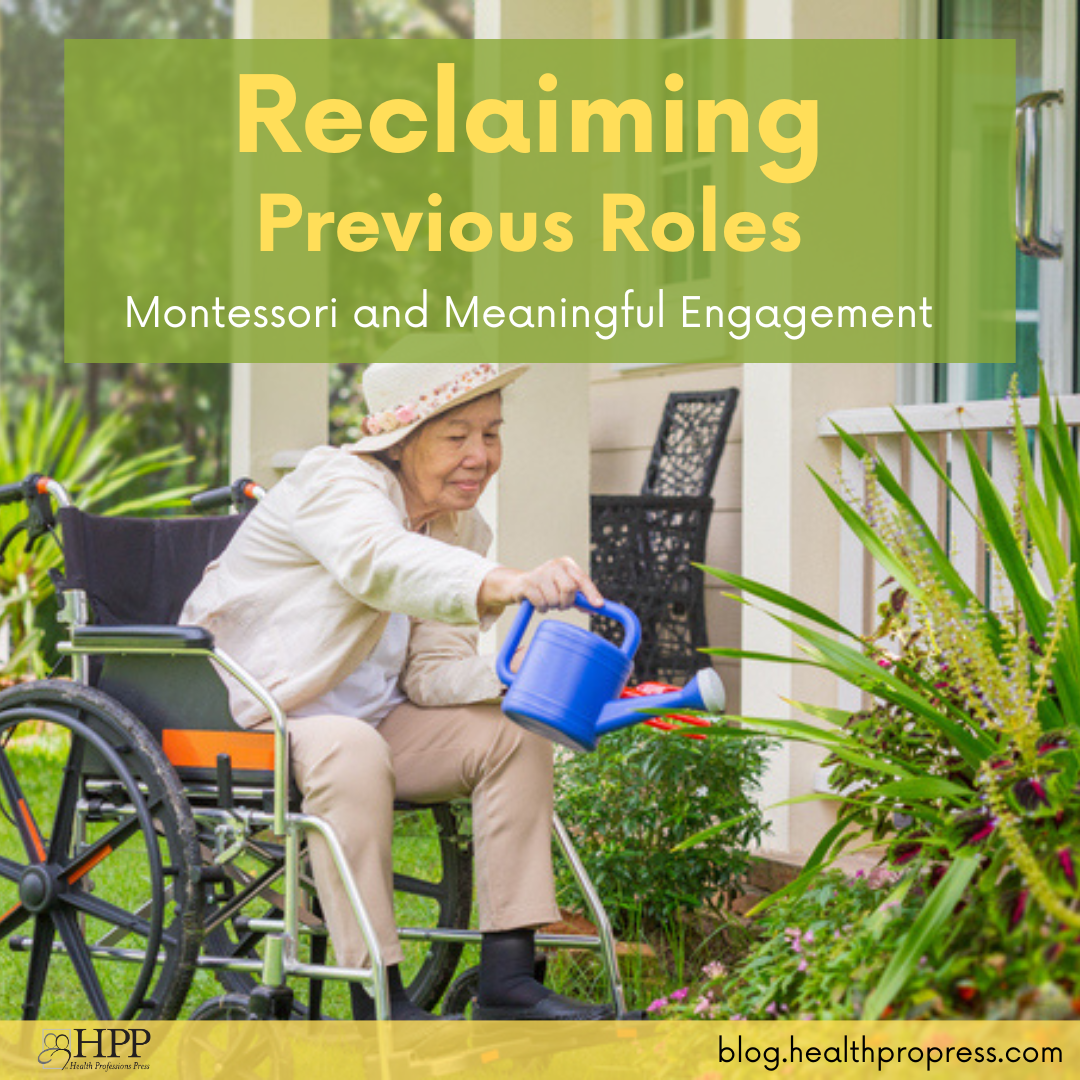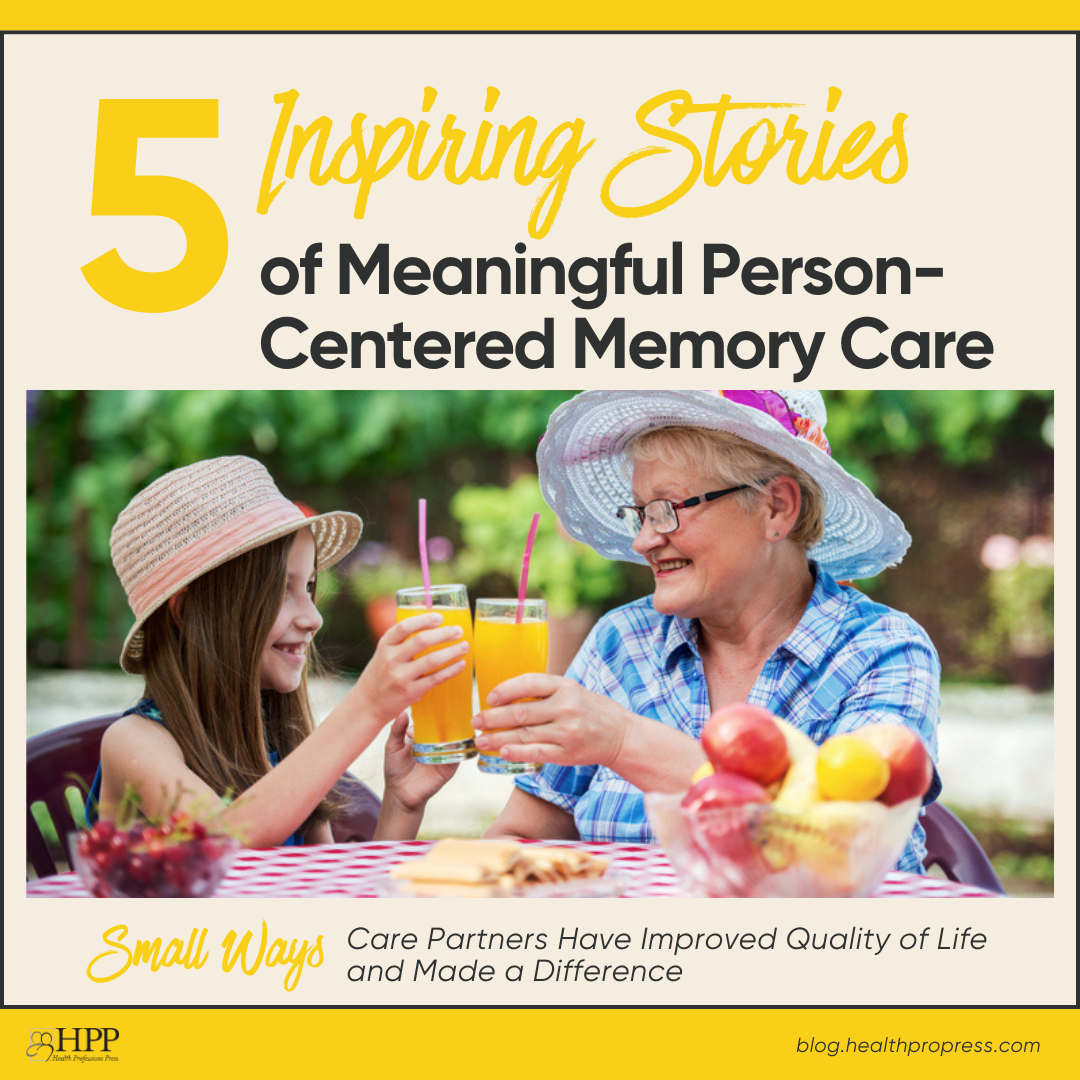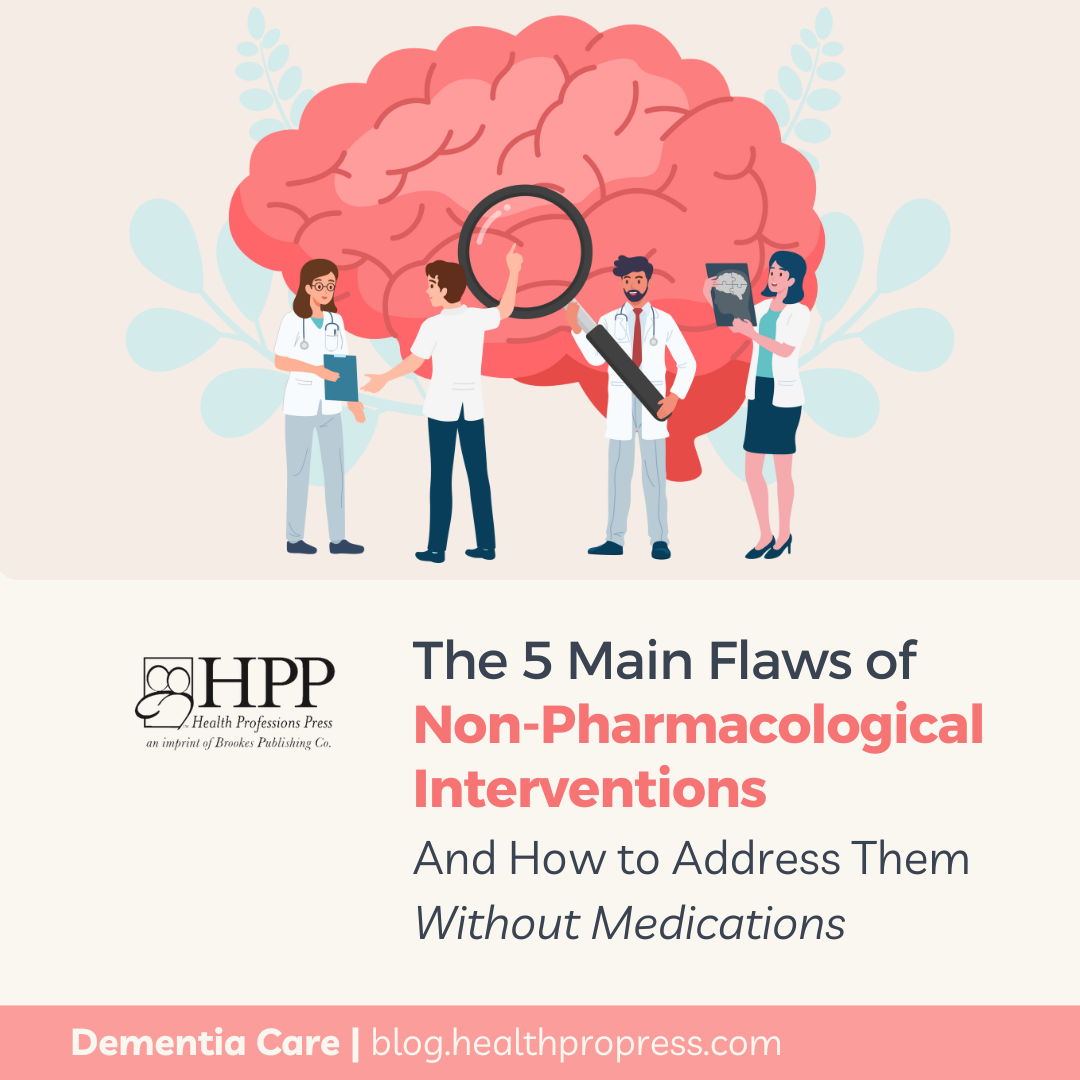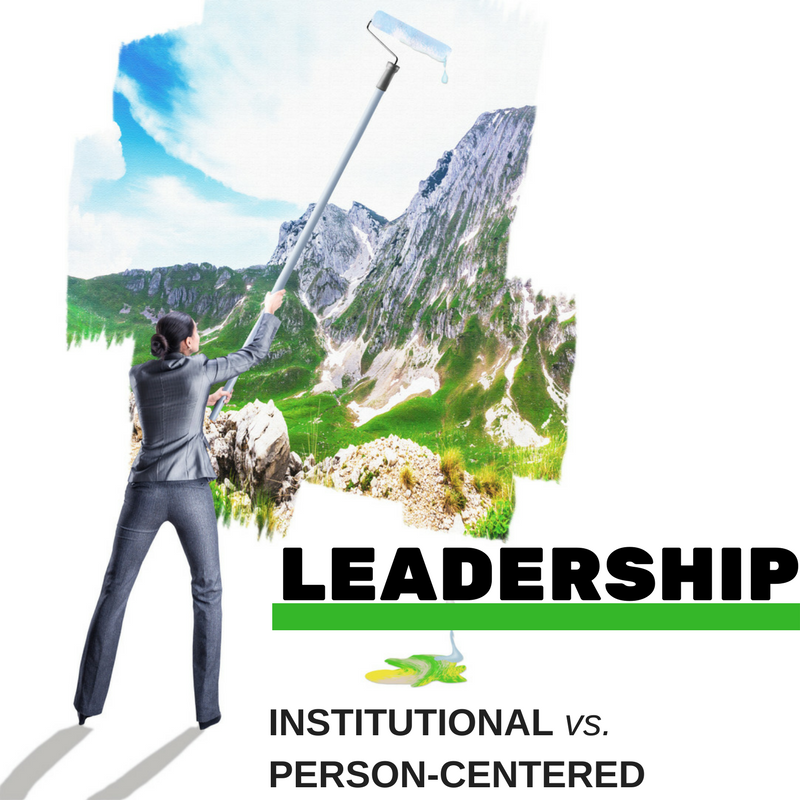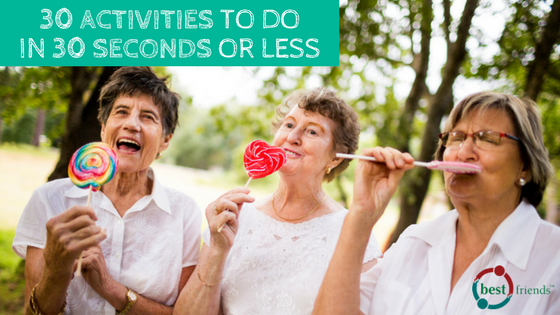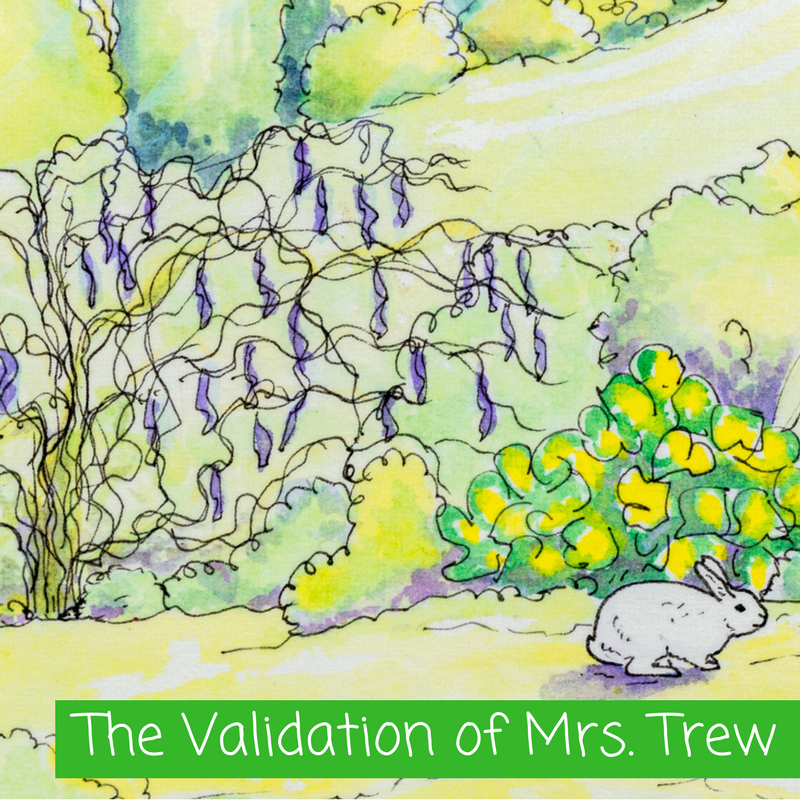
The Top 4 Things You Need to Know About Best Friends
People with dementia deserve the best care. And what they need most of all is someone dedicated to helping them feel safe, secure, and valued—at all stages of the disease. But being a dementia caregiver is an incredibly challenging role. The Best Friends™ approach is designed to help caregivers in this role, and it has proven effective in transforming care settings and improving the lives of both residents and staff. So, what makes this approach so unique and successful? What is the Approach? The Best Friends™ approach is recognized as a best practice in Memory Care because of its positive…
READ MORE
